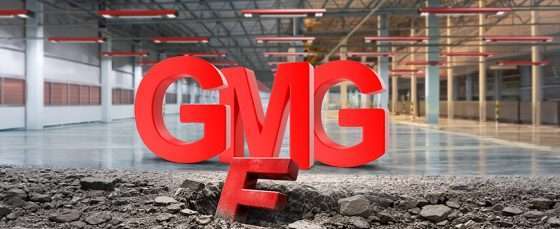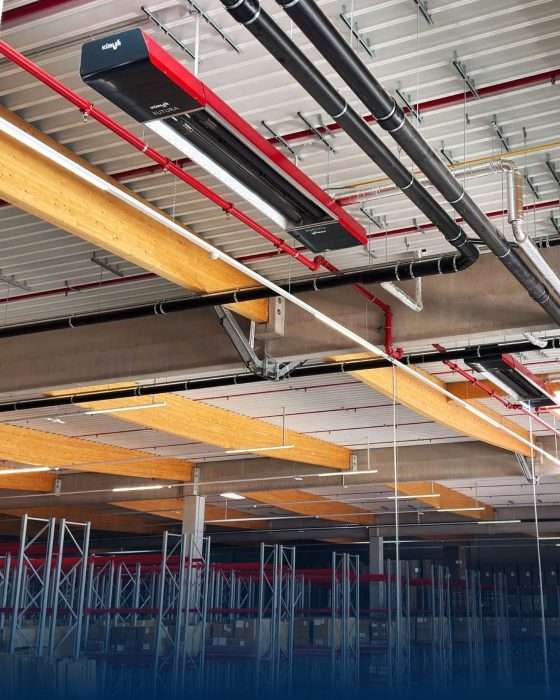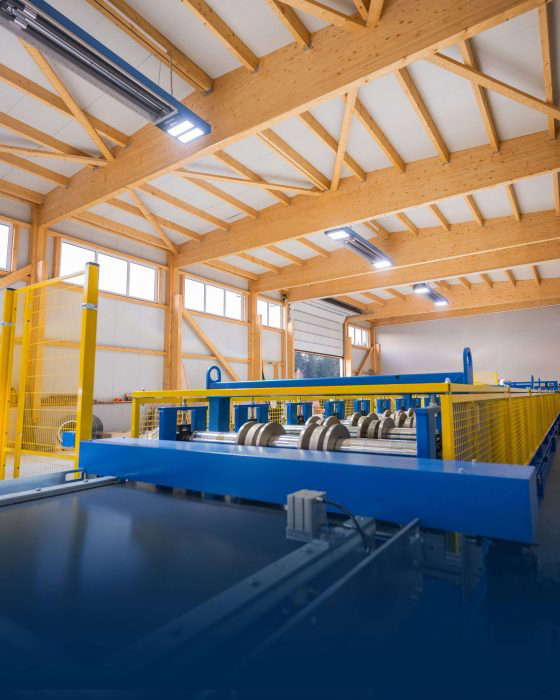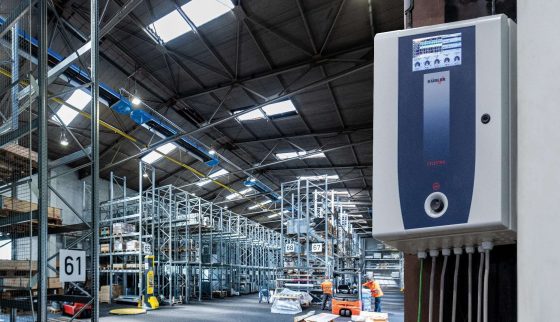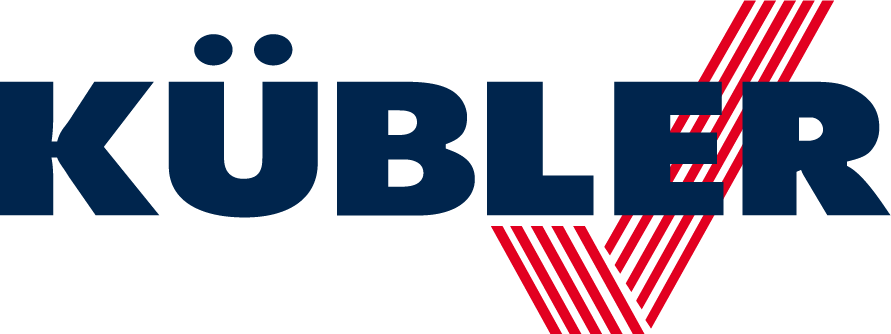Heat 4.0
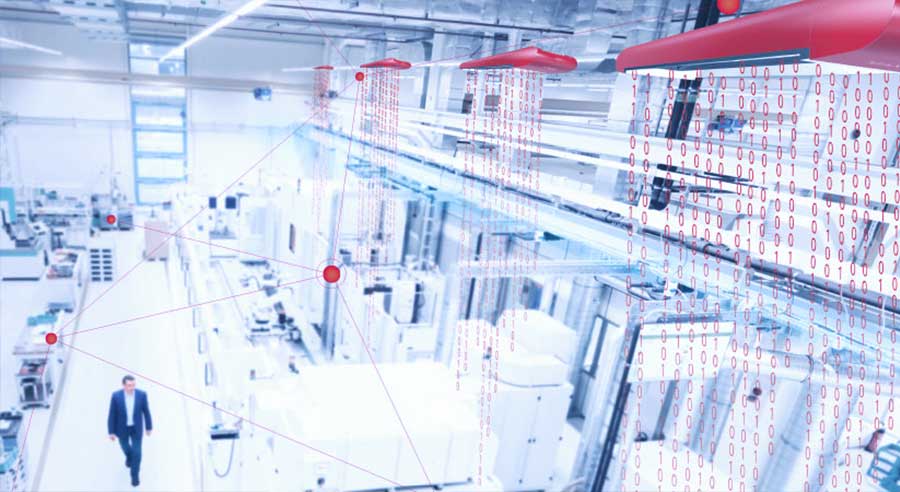
Rarely has the energy issue been more explosive
Laws, standards, and regulations pose challenges for almost all companies. Solutions are sought with the aim of tapping into potential savings. And the answer to the question: How can the measures remain affordable?
There is something that will make you look at energy-saving hall heating with new eyes
We at KÜBLER, as experts in energy-saving large room heating, have also thought about this. And perhaps developed one of the best answers. It is called WÄRME 4.0, a name that stands for our holistic view of heat supply in hall buildings. A program that uses the possibilities of the digital age right from the product development stage. It creates networks and digitalizes heating processes. You could also put it like this: WÄRME 4.0 is a new milestone. On the path that we are taking with you into the future of heating technology. Economical, affordable and available. Take a closer look.
It has the power to develop individual heating concepts and implement them economically
HEAT 4.0 can connect heating systems with production processes. Interlink energy flows in halls and offices. Integrate intelligent services. In short: utilize synergy effects.
In your Hall buildings and production processes can harbor a great deal of potential for savings. The important thing is to use them. However, it is also important that WÄRME 4.0 has the power to develop heating concepts tailored to your individual needs. From the smallest 20 kW projects to output ranges of several megawatts. From individual hall areas to complex sites. Across buildings and locations. Why is implementation worthwhile for you in any case? Because WÄRME 4.0 is affordable. And extremely economic.
It makes heating systems transparent and entire system processes more efficient
Effective energy management requires information. It's good if you can network it and interpret the growing flood of data. Simple and intuitive.
Digitalization is changing the heat supply in Industrial companies and trade. Wherever people want to communicate with heating systems and processes, data is generated. About energy flows, operating hours, consumption and much more. Ever faster, ever more complex. With our systems, it has never been so easy to record, analyze and harness these data streams. To identify potential savings at an early stage. And Energy efficiency measures in the company. At any time. Everywhere. This too is HEAT 4.0.
Heat 4.0 is the way to network efficiency potential and digitalize heating processes
Would you like to see? Implementation is worthwhile, as Heat 4.0 is economical and extremely interesting. We are happy to help and advise you with the implementation.
-
The German government is sticking to its goal of climate neutrality by 2045. The GMG is to come into force on 01.07.2026. The EU Buildings Directive (EPBD) will be implemented 1:1, making full use of national leeway. The requirements of the Heating Act (GEG §§ 71-71p) will be deleted. The obligation to operate new heating systems with at least 65 % renewable energy will no longer apply to new and existing buildings. Technology openness: Owners [...]
-
Germany has a huge number of buildings whose heating systems waste energy every day and produce far too much CO₂. With regard to the use of renewable energies and modern technologies, it is by no means just an old stock that urgently needs to be refurbished. Many newly built halls are also equipped with outdated [...]
-
Mr. Kübler, your company produces heating systems for halls. These only make up a small proportion of all buildings in Germany. Why is it nevertheless important to save as much energy as possible in this area? That's right, halls only make up around 1.5 percent of all buildings in Germany, so most people don't notice them. Even [...]
-
Christmas is once again approaching surprisingly quickly - and, unfortunately, one or two challenges are on the horizon. From 3G and 2G plus to the next increases in energy prices. Congratulations if you have already converted your hall heating to an economical system from KÜBLER. This is a really good decision in many respects.
